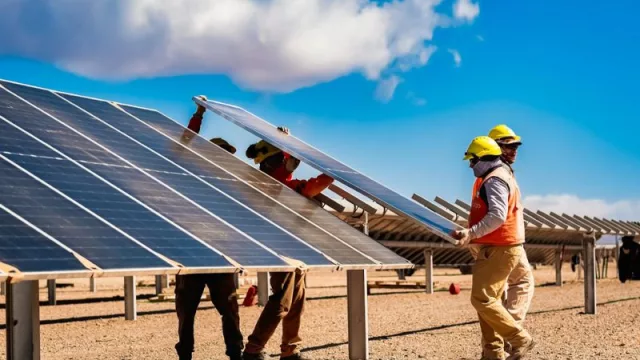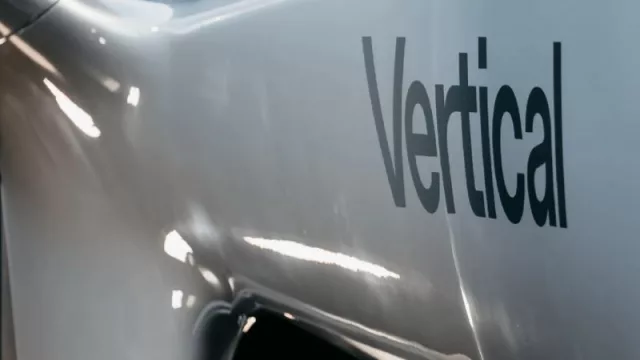Discover how business leaders are revolutionizing sustainability with regenerative models, hard data from the EU and Latin America, and neurocommunication techniques to win in demanding markets.
The urgency of a new paradigm—without ideological fanaticism, political biases, or dogmas of fear or control, without favoritism, focused 100% on creating value and optimizing human excellence in processes, with the utmost respect for their habitat, their resources, human freedom, and with deep self-criticism and constant review.
Executive Summary & Actionable Tips
The future is regulatory: The EU reduced ESG bureaucracy by 30% in 2024; Latin America continues with agile models (e.g., Circular Economy Law in Colombia).
Profitability vs. Ideology: Companies with strong ESG have a 12% higher ROI (McKinsey, 2023).
Neurocommunication: Using terms like “regeneration” and “triple impact” activates brain reward centers (NeuroBusiness Group study, 2024).
Key data: 74% of Anglolatinx in Miami prefer brands with verifiable social impact (IPSOS, 2024).
-
Global Context and Narrative Tension
The paradox is clear: while sectors in the U.S. question the “woke agenda,” the EU legislates the Due Diligence Directive (2024), mandating ESG audits. Stephan Schmidheiny, a pioneer in sustainable development, warns: “Companies are cells of a social organism; if the body dies, so do they.” Concrete example: Microsoft invested $1.5 billion in carbon removal technologies in 2023, not for fashion, but because 62% of their B2B clients demand it.
Hard data: The global green bond market reached $2.5 trillion in 2024 (BloombergNEF).
-
Latin America: Innovation and Challenges in Practice
At the latest CEADS Kick Off (Argentina), Sebastián Bigorito highlighted: “Latin American SMEs are adopting circular economies 3x faster than European ones, out of sheer necessity for efficiency.” Notable cases:
Natura Cosmetics: 82% of renewable ingredients in their portfolio.
Mercado Libre: $120 million investment in carbon-neutral logistics.
-
Finance and Markets: The New Paradigm
ESG funds exceeded $4.7 trillion in global assets (Morningstar, 2024). In Miami, banks like City National Bank offer preferential rates for projects with measurable social impact. Adriana Cisneros, CEO of Cisneros, sums it up: “Sustainability is not an expense; it's business life insurance.”
Disruptive data: Companies with gender diversity on boards have a 28% higher valuation (S&P 500, 2024).
Follow us on IG: InfonegociosMiami
-
Regenerative Strategies: Beyond Sustainability
The books “Regenerative Leadership” (Giles Hutchins) and “The Future We Choose” (Figueres-Rivett-Carnac) set the roadmap.
Biomimicry: Designing businesses that mimic natural ecosystems (e.g., Patagonia and its closed-loop supply chain).
Sustainability Advances:
The European Union has taken a significant step with a legal package that simplifies corporate sustainability rules, reinforcing the trend of integrating environmental, social, and governance (ESG) criteria into business.
This move underscores a reality: companies continue to advance in integrating these criteria, driven by more demanding consumers, emerging regulations, and the need to develop resilience.
The signs of ecosystem collapse are undeniable. As Stephan Schmidheiny, entrepreneur and philanthropist, said: “Successful companies cannot exist in failed societies.” Since everything in this world is context-dependent and nothing is free from context.
For all these reasons, it's time to move past ideological disputes and dichotomous traps. It no longer matters if we talk about “Agenda,” SDGs, ESG, Sustainability, or Regeneration. What's crucial is agreeing on the urgency of protecting life in all its dimensions, for ourselves and future generations.
We must take a leap of consciousness and put life at the center of our decisions and actions, one of the principles of the regenerative paradigm. If not us, who? If not now, when?
In line with this, on March 12, I was invited to the CEADS Kick Off—the Argentine chapter of the World Business Council for Sustainable Development—led by “beyonder” Sebastián Bigorito, its Executive Director, attended by over 150 professionals. There, I witnessed that the private sector is leading a quiet but powerful transformation.
In Latin America, more and more companies are adopting circular models, investing in renewable energy, and designing strategies for positive climate action. Additionally, they are working on improving governance and inspiring transformative changes in their value chains.
Despite macroeconomic and geopolitical challenges, corporate commitments to emission reduction, process transparency, and ecosystem regeneration continue to grow. Many companies understand that sustainability is not just an ethical issue but also one of profitability and competitiveness, redefining their strategies to generate long-term value.
** Siguenos en IG: InfonegociosMiami **
Financial markets are also setting the course. Investment funds and banking entities prioritize projects with environmental and social criteria, while stock exchanges advance in incorporating sustainability standards.
For all these reasons, entrepreneurs and business leaders play a crucial role. Sustainability is no longer optional; in fact, it is already legislated in Europe. Adopting triple-impact strategies not only mitigates risks but also opens new opportunities for innovation and differentiation.
Companies that understand this reality and act accordingly will lead the future of development in the region.
Sustainable Agro-Industrial Families in Latin America
The path is not without obstacles, but the direction is clear.
Innovate and create value:
An engine that uses seawater as fuel
Sustainability advances! Because it responds to an inescapable need: building more responsible companies and economies, adapted to the challenges of the 21st century.
The question is not whether the transformation will occur, but what role today's leaders will play in this vital and regenerative process for life and business.
Stay Connected with Infonegocios Miami!
-
Contacto: Infonegocios MIAMI:












Tu opinión enriquece este artículo: